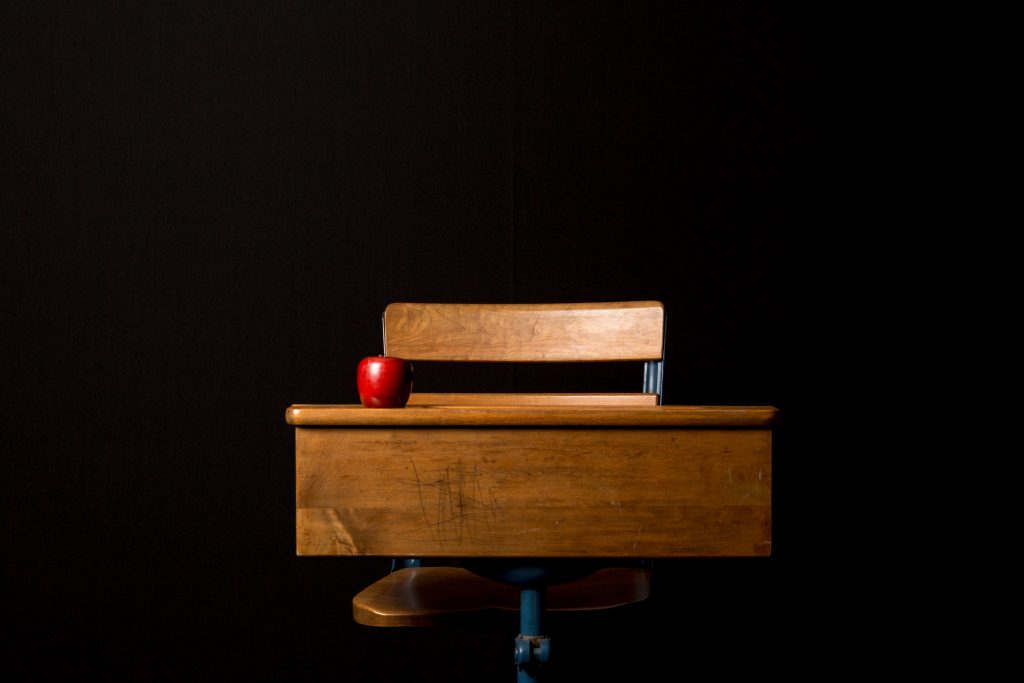
From The Québec Ministry of Education:
“The purpose of the IEP is to help a student … because of a handicap or difficulties … progress optimally in developing the competencies required for success.”
STUDENT:
Karen Zey, writer of creative nonfiction
DOB:
59+ years ago
(The reader-writer contract for veracity and narrator vulnerability does not apply here. Senior status = invisible demographic. DOB should remain confidential.)
PROGRAM OF STUDY:
Personal Essays 101
CURRENT WRITING LEVEL:
Emergent, with promise
ASSESSMENTS TO DATE:
· 116 rejection notices, 4 with personalized notes of encouragement
· 10 published essays
· 1 Pushcart nomination, 2015
· 15 active submissions, results pending
IDENTIFIED SPECIAL NEEDS:
· The truth will out. Diagnosed with Developmental Delay, typical of a 63-year-old aspiring writer who turned to essays after three decades in another profession. Functional delays include: trite imagery, occasional clutter, some underdeveloped themes.
· Co-morbid with Artistic Adjustment Disorder. Axis 1: frequent episodes of disequilibrium caused by gap between former expertise and current fumbling as an emerging writer.
BACKGROUND INFORMATION:
· Previous schooling: B.A. in English Literature and M. Ed from McGill University, both unfortunately from another century. More recent certifications in various special ed. interventions, all life-expanding, but not directly applicable to writing creative nonfiction (except as essay fodder).
· Stable social network: widowed young, but happily remarried for 20 years; successfully launched adult son; circle of long-time friends.
· Experience with writing tasks at previous job (educational policies, teaching guides, autism newsletters) provided sustained practice in grammar basics and writing with clarity, but few creative opportunities.
STUDENT STRENGTHS:
· Essay topics readily available: old enough to have experienced soaring joy, paralyzing loss, giddy romance, family conflicts, and surprising twists of life.
· Willingness to focus bird by bird.
· Dedicated writing space: a room of her own with a Waldenesque view of trees.
· Wide vocabulary. A lifelong reader of everything from trashy airport thrillers to epic novels of astonishing wisdom and beauty. Newly dedicated to reading literary journals, both print and online, as well as memoirs.
· Awareness of her limited knowledge of craft. Just beginning to hit a few notes of tenderness and insight in her writing. Also—has mastered the em dash.
STUDENT WEAKNESSES:
· Academic language and distant tone—holdovers from previous career—continue to interfere with new learning.
· Inconsistent use of metaphor.
· Tendency to over-revise or not revise enough.
· Intimidated by young writers with MFAs published in top-tier literary magazines.
· Reacts with prolonged discouragement to “not a good fit,” “we hope your essay finds a home in another place,” and “thank you for submitting, but…”
· Sometimes engages in avoidance behaviours: scrolling through Twitter, googling “places that accept flash nonfiction,” turning on CNN, pretending to go winter mall walking for reflection when actually shoe shopping.
LONG-TERM GOAL:
· To write essays worthy of publication.*
*Essays that prompt readers to recognize a shared moment in the tiny truth laid down on the page. Maybe one day gather enough of those tiny truths and connected essays for a book—a book about a life working in schools, about the unique spirits of all the struggling learners, about parents both vulnerable and resilient, about shining breakthroughs in classrooms—both the narrator’s and the students. A pulling together of authentic sparks of human connection in one luminous volume tastefully displayed in quaint independent bookstores in towns and cities across the country.
SHORT-TERM OBJECTIVES & STRATEGIES:
· More daily reading. Essays, from flash to long-form, plus other genres.
· Thorough study of POV, imagery, form, voice, arc, collage, compression.
· More daily writing. With a keyboard or a pen. In a notebook or on a napkin. At home or on the road. Devoting time every week for mulling over ideas.
· More workshops and online courses. Preferably out of the comfort zone. In all seasons and every year.
· Regular participation in peer writing groups. Listening to feedback from trusted readers on whether objectives for an individual essay are achieved.
· Experimentation with prose poems and lyric essays. At least one attempt at a hermit crab essay.
· Engagement with a community of fellow writers, shoring each other up, talking about the writing life, waiting for the next editor who will say YES.
PROGRESS:
To be determined.
 Karen Zey is a Canadian writer from la belle ville de Pointe-Claire, Quebec. Her work has appeared or is forthcoming in Burningwood Literary Journal, Crack the Spine, Hippocampus, Prick of the Spindle, River Teeth’s ‘Beautiful Things,’ and other places. @ZippyZey
Karen Zey is a Canadian writer from la belle ville de Pointe-Claire, Quebec. Her work has appeared or is forthcoming in Burningwood Literary Journal, Crack the Spine, Hippocampus, Prick of the Spindle, River Teeth’s ‘Beautiful Things,’ and other places. @ZippyZey
Loved this, Karen. So witty, charming, flowing and clever. You have talent, Young Lady.
Loved this, Karen. So witty, charming, flowing and clever. You have talent, Young Lady.
Fantastic. Skip the Hermit Crab essay and stick with these….!